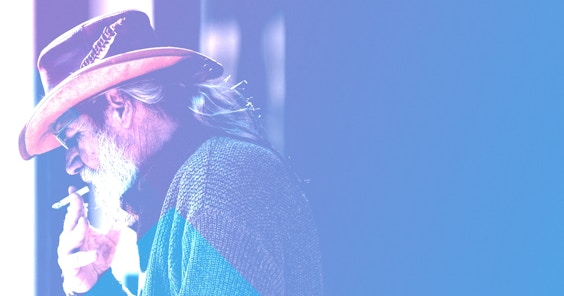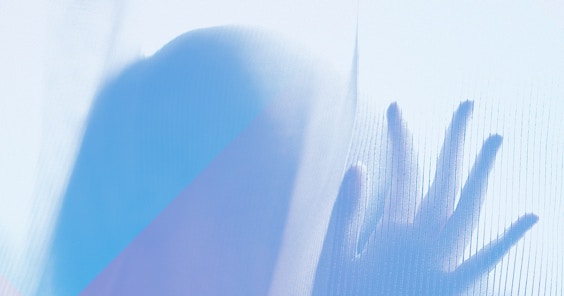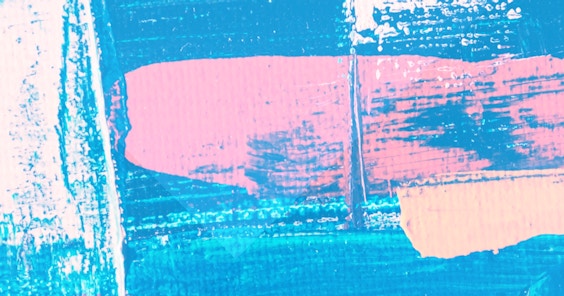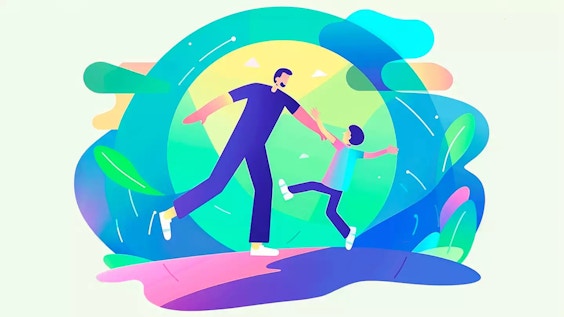I Am Sober is a free app that helps you get some control back in your life.
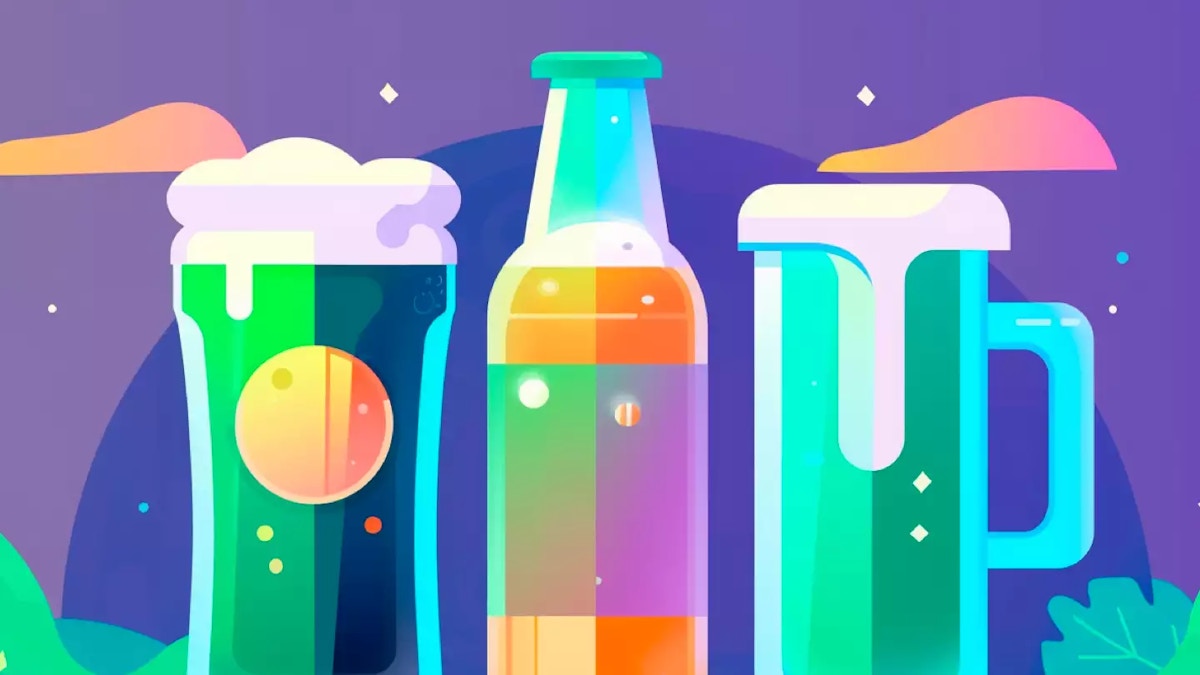
Does Non-Alcoholic Beer Count?
Last Updated: Tue, June 24, 2025TLDR; The decision of whether to consume non alcoholic beer in the context of sobriety is usually a personal one. Additionally, does drinking non alcoholic beer break sobriety?
Why’s that? Because it’s important to know that non alcoholic beer does in fact still contain a small amount of alcohol and can prolong alcohol addiction.
So let’s first look at some examples of what makes it NOT a personal choice:
-
Court-mandated sobriety:
In some legal situations, like driving under the influence (DUI) convictions, individuals might be court-ordered to maintain complete abstinence from alcohol. This could encompass NA beer as well, depending on the specific requirements outlined or even the probation officer’s interpretation.
-
Specific addiction treatment programs:
Certain addiction treatment programs, particularly those in early stages of recovery, might have stricter guidelines or complete abstinence expectations. This might include prohibiting consuming non alcoholic beer or anything resembling or associated with alcohol use.
-
Specific medical conditions:
In some cases, specific medical conditions might necessitate complete abstinence from any form of alcoholic beverage, even trace amounts found in NA beers. This could be due to potential interactions with medications or the nature of the health condition itself life pregnancy and breastfeeding, or liver disease.
Outside of reasons like these, there are a few things that come into play when making this decision yourself.
Physical health
It's essential to understand what "non-alcoholic" means. In many countries, beverages labeled as non-alcoholic can contain up to 0.5% alcohol by volume (ABV). This is a critical consideration for individuals abstaining from alcohol for health reasons, such as liver disease, or for those in recovery from alcoholism. For some, even this minimal alcohol content is enough to necessitate avoidance. For others, it may be considered negligible.
For someone avoiding traditional beer due to its health implications, non-alcoholic beer presents a safer alternative. It offers a way to enjoy the social and cultural aspects of regular beer consumption without the significant health risks associated with alcohol consumption. However, it's important to note that NA beer still contains calories and may have additives or sugars, which could affect dietary goals and alcohol addiction recovery.
Psychological triggers
In recovery, the psychological impact of drinking non-alcoholic beer is significant. For some individuals, the taste and ritual of drinking beer, even without alcohol, can act as a trigger, potentially leading to cravings for alcoholic beverages and heavy drinking. It's a personal aspect that varies greatly among individuals in recovery.
Conversely, for some people, non-alcoholic beer can provide a sense of normalcy and inclusion in social settings where alcohol is present. It allows them to participate in the social ritual of drinking without compromising their sobriety goals.
Social life
Non-alcoholic beer can serve as a useful tool for social integration, allowing individuals to avoid alcohol without drawing attention to their abstinence in social settings. This can ease the social pressure and questions about not drinking.
There's also the consideration of how consuming non-alcoholic beer is perceived by peers, especially within support groups or amongst others in recovery. Some may view the choice to drink NA beer as a slippery slope, while others may see it as a personal decision that doesn't impact sobriety.
How do I decide for myself?
Deciding whether NA beer is a suitable choice during sobriety involves careful self-reflection. Here are some questions to ask yourself that can help guide this decision:
-
What are my reasons for considering NA beer?
Reflect on what is motivating you to consider NA beer. Is it to fit in during social situations, to satisfy a habit, or maybe to ease the transition in early sobriety?
-
How does NA beer fit into my definition of sobriety?
Sobriety means different things to different people. Consider your personal definition of sobriety and whether consuming a beverage that contains even a trace amount of alcohol contradicts this definition.
-
Am I aware of and comfortable with the potential physical and psychological effects?
Even though the alcohol content in NA beer is minimal, it’s crucial to consider if it might trigger alcohol cravings or a relapse.
-
Have I discussed this decision with my support network?
Speaking with trusted friends, family, or members of a support group can provide valuable perspectives. Sometimes the people around us know us better than we know ourselves.
Why does non-alcoholic beer contain alcohol at all?
Basically, alcohol is a byproduct of the fermentation process that makes these kind of drinks possible.
According to the U.S. Alcohol and Tobacco Tax and Trade Bureau (TTB), beverages labeled as "non-alcoholic" must contain less than 0.5% alcohol by volume (ABV). This threshold allows for the production and consumption of beverages that have undergone fermentation but have had the majority of their alcohol content removed or reduced to very low levels. This 0.5% ABV cap is a general standard in the U.S. and is also recognized in various other jurisdictions, making it a widely accepted definition for non-alcoholic beer and other beverages.
However, it's important to note that other countries may have different regulations and definitions. For example, in the European Union, the rules around non-alcoholic or alcohol-free beer can vary, with some countries allowing a higher ABV for products labeled as "non-alcoholic."
Are there other drinks that contain trace amounts of alcohol?
Yes, non-alcoholic beer isn’t the only drink out there that can be considered “non-alcoholic” by the TTB but still contain trace amounts of alcohol.
-
Kombucha
This is a fermented tea drink that is becoming increasingly popular. It is made by adding sugar, yeast, and bacteria to tea and allowing it to ferment for several days. The fermentation process produces trace amounts of alcohol, typically less than 0.5% ABV.
-
Kefir
This is a fermented milk drink that is similar to yogurt. It is made by adding kefir grains, which are a mixture of bacteria and yeast, to milk and allowing it to ferment for several days. It typically contains less than 1% ABV.
-
Kvass
This is a fermented beverage made from rye bread. It is popular in Eastern Europe and Russia. It typically contains less than 1% ABV.
-
Tepache
This is a fermented beverage popular in Mexico that is made from pineapple rinds, sugar, and water. It typically contains less than 1% ABV.
-
Non-Alcoholic Wines and Spirits
Similar to non-alcoholic beers, these beverages aim to mimic the taste of their alcoholic counterparts without the intoxicating effects. They may still contain up to 0.5% alcohol by volume (ABV).
-
Vinegars
All vinegars, including balsamic, apple cider, and wine vinegar, undergo a fermentation process that can leave trace amounts of alcohol. However, the amount is typically negligible and largely evaporates during the production process.
What are some alternative drinks that are truly non-alcoholic?
(With not even trace amounts of alcohol)
-
Sparkling Water and Infused Seltzers
Flavored sparkling waters and seltzers offer a refreshing and hydrating choice with a wide range of flavors, from citrus to berry and everything in between.
-
Mocktails
Non-alcoholic versions of popular cocktails use fresh juices, herbs, spices, and soda water to mimic the flavor profiles of alcoholic beverages without the booze.
-
Herbal Teas (Hot or Iced)
Available in countless flavors and blends, herbal teas can be enjoyed hot or iced, providing a soothing or refreshing drink option at any time of the day.
-
Craft Sodas and Colas
Small-batch, craft sodas come in unique flavors and are often made with natural ingredients, offering a more gourmet experience than standard soft drinks.
-
DIY Infusions
Infusing water or sparkling water with fruits, cucumbers, herbs, and spices at home can create customized and refreshing drinks without any alcohol.
Why is non-alcoholic beer sometimes frowned upon in the sober community?
So much of staying sober is making sure you remove the opportunity to relapse. Drinking is widely accepted which makes social situations challenging – especially if you’re not telling anyone yet. So while you can’t live as a recluse, when it comes to areas in your life that you can control, you should.
One of the first things people in recovery do is eliminate environments and even people that would be triggers. For some people this means moving out of their neighborhood and for others this means moving out of state. It means dropping friends who you once happily referred to as “drinking buddies.” When you make the allowance for yourself to drink non-alcoholic beer, it’s all too easy to maintain the same routine that led you to recognizing you had a problem in the first place. For most alcoholics, it’s a slippery slope because the temptation continues to be there.
Addiction is a diagnosed disorder because it’s a rewiring of the brain. Rewired to heavily favor impulsive, quick rewards. It can also lead to a sense of false confidence, “what can one drink hurt?” There have been addicts who relapsed due to the absurd amount of hand sanitizer they started drinking.
If you recognize you have a drinking problem, then the best thing you can do for yourself is cut alcohol out altogether.
In summary
-
The decision to include NA beer in your recovery journey mostly remains a personal one.
-
It's important to acknowledge the presence of trace amounts of alcohol in NA beer and the potential for individual triggers associated with taste, smell, and social cues.
-
Ultimately, the goal is to support your well-being and recovery. If NA beer introduces any doubts, anxieties, or triggers that outweigh the perceived benefits, then you should choose something else.
Focus on what ultimately supports your individual needs and long-term well-being.
I Am Sober is a free app that helps you get some control back in your life.
